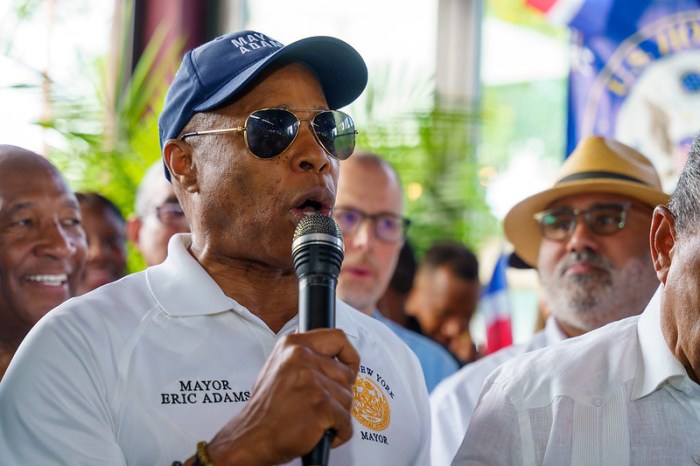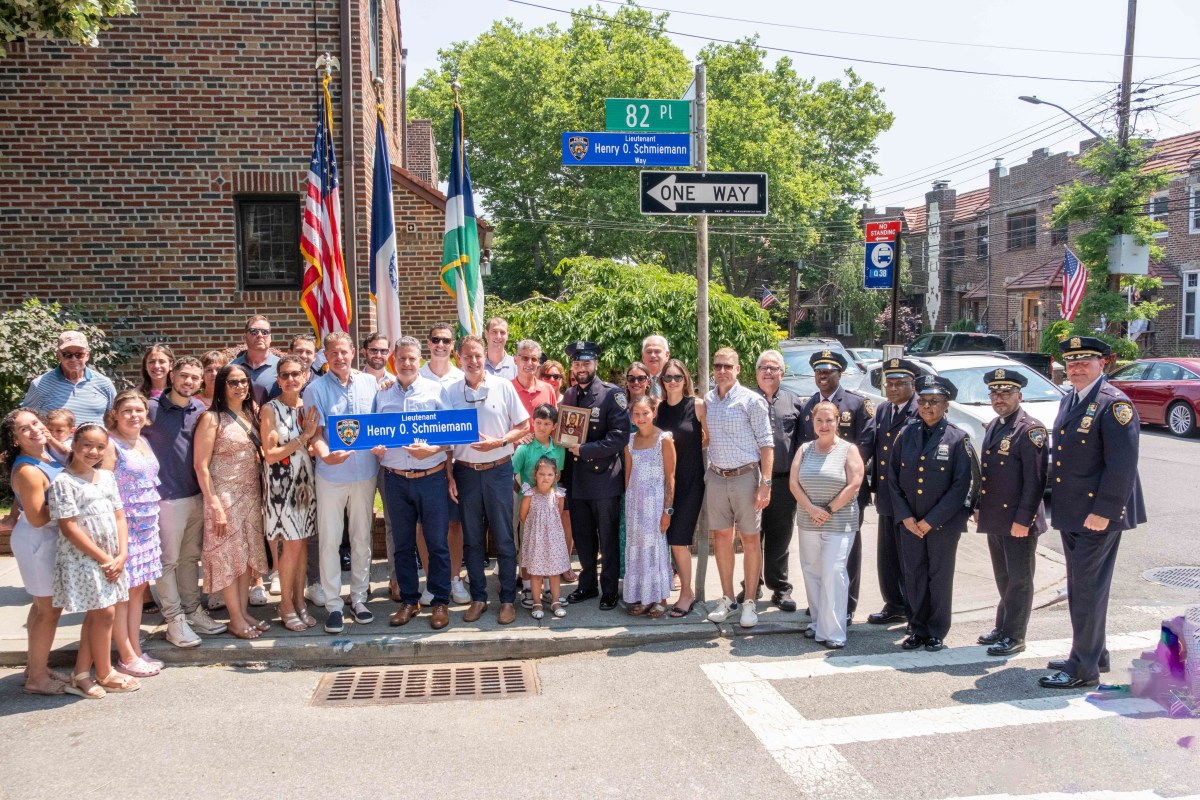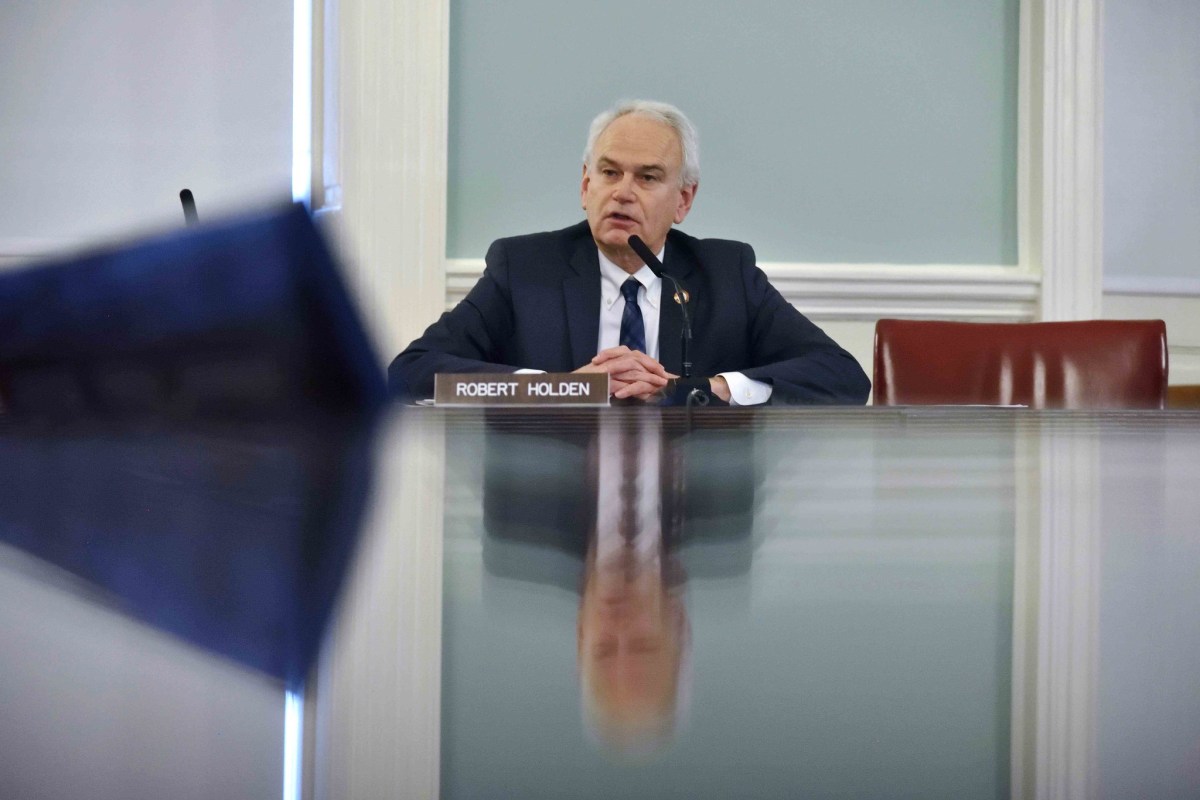The New York City Planning Commission voted Wednesday to approve Mayor Eric Adams’ “City of Yes” zoning overhaul aimed at boosting housing supply across the Big Apple — but the controversial plan must still pass the City Council, where it likely will face strong political opposition.
The scheme, known as the “City of Yes for Housing Opportunity,” would rewrite zoning rules that have restricted where and how much housing developers can build in many corners of the city since the early 1960s. It aims to make it easier to construct “a little more housing in every neighborhood” as the city contends with an ever-worsening shortage of available and affordable homes.
The 13-member panel passed the plan — as expected — by a 10 to 3 vote, with the dissenting members giving lengthy explanations for their “no” votes.
Before casting his vote, Dan Garodnick, who chairs the commission and heads the Department of City Planning, said the plan would be a solution for the city’s acute housing crisis. He argued that it is designed to maintain the character of various neighborhoods around the city, despite concerns that it would do the opposite.
“We don’t have to live this way. We have the power to update our outdated rules and generate the homes New Yorkers need across the city,” Garodnick said. “That’s what City of Yes for Housing Opportunity will do, allow for a little more housing in every neighborhood to take a big bite out of our housing crisis citywide.”
But the plan must pass one final hurdle: Majority approval by the 51-member City Council.
Mayor Adams, in a Wednesday afternoon statement, urged the City Council to greenlight the suite of zoning changes in a vote before the end of the year.
“Now, it is time for the City Council to meet the moment,” Adams said. “I urge councilmembers to join New Yorkers in supporting this proposal and building a future that’s more affordable for working-class families, that provides peace of mind for older adults who want to age in place, and that allows our young people to live comfortably in the greatest city on the globe. That starts with them saying ‘yes’ to this once-in-a-generation housing proposal.”
City Council Speaker Adrienne Adams, in a statement, said her office will “thoroughly review” the plan before the council votes on it.
The zoning text amendment contains eight core proposals including eliminating a requirement that new residential buildings add off-street parking, allowing developers who build affordable units in their projects to increase the number of dwelling units by 20% and over depending on the zoning district and authorizing small apartment buildings near all train stations. Other proposals in the plan would make it easier to convert office buildings into housing and allowing homeowners to add accessory dwelling units on their properties by converting garages, basements or backyard spaces.
Explaining ‘no’ votes
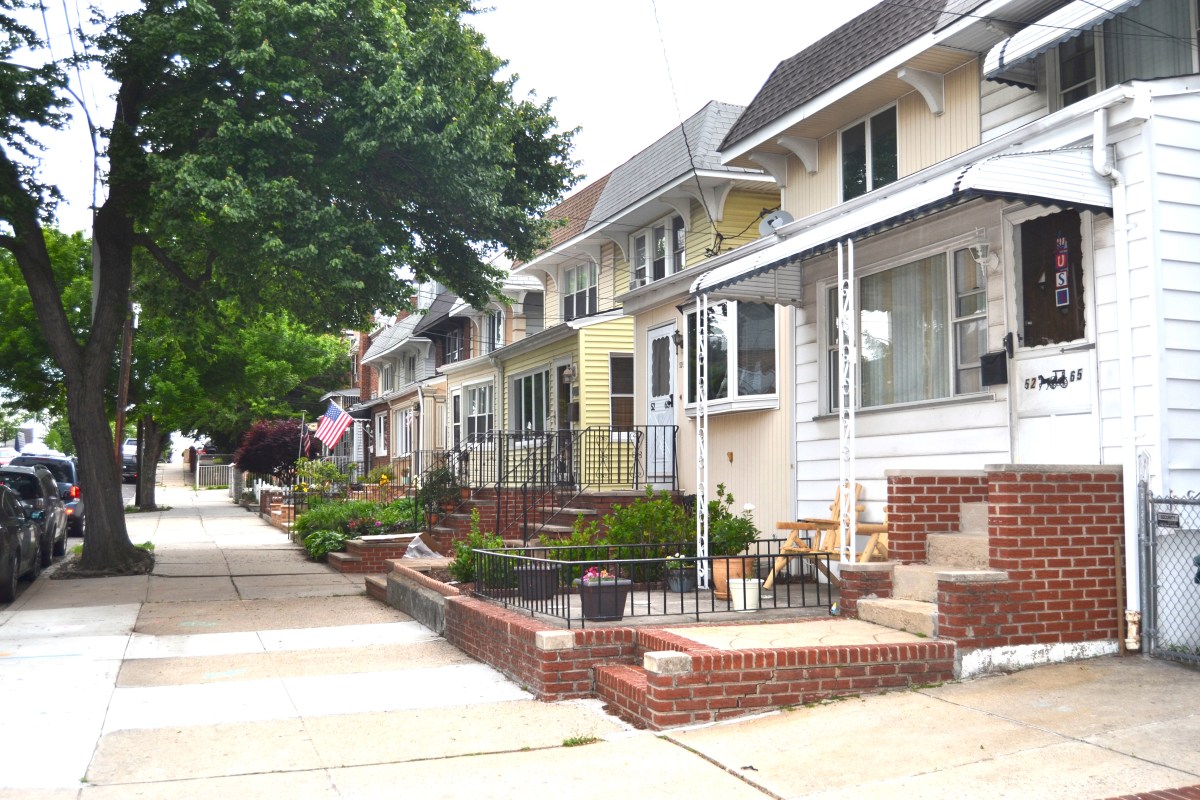
One commissioner who voted against the plan, Fred Cerullo, blasted it as “one-size fits all.” Cerullo, who hails from the mostly low-density borough of Staten Island, argued the borough is already doing its part under the current rules and the zoning changes are unnecessary.
“While I completely agree with the principle and the goal of City of Yes for Housing, I have to say that the current zoning structure already provides many opportunities for new housing units, and does it in a way that enables the communities where new housing occurs not to have undermined all the reasons why they chose to call their neighborhood home,” Cerullo said.
Progressive housing attorney Leah Goodridge, another commissioner who voted against the plan, said she thinks it will hurt the populations it is intended to help — namely Black and brown communities struggling to find afforable apartments. She casted it as a giveaway to big developers that does not secure enough affrodable housing for Black and brown New Yorkers.
“This framing of housing, to address the housing shortage and to address the housing crisis as making it a supply and demand issue to help Black and brown New Yorkers is wrong,” she said. “It’s inaccurate framing.”
Several other commissioners enumerated the parts of the plan they disagree with, but ultimately concluded that it was still worth voting for.
The panel also made a couple of tweaks to the zoning amendment before passing it, in response to feedback during a 15-hour public hearing in July. One of them would exempt public housing campuses from a proposal under the plan to make it easier to build new housing on different kinds of campuses.
Rough Council waters ahead
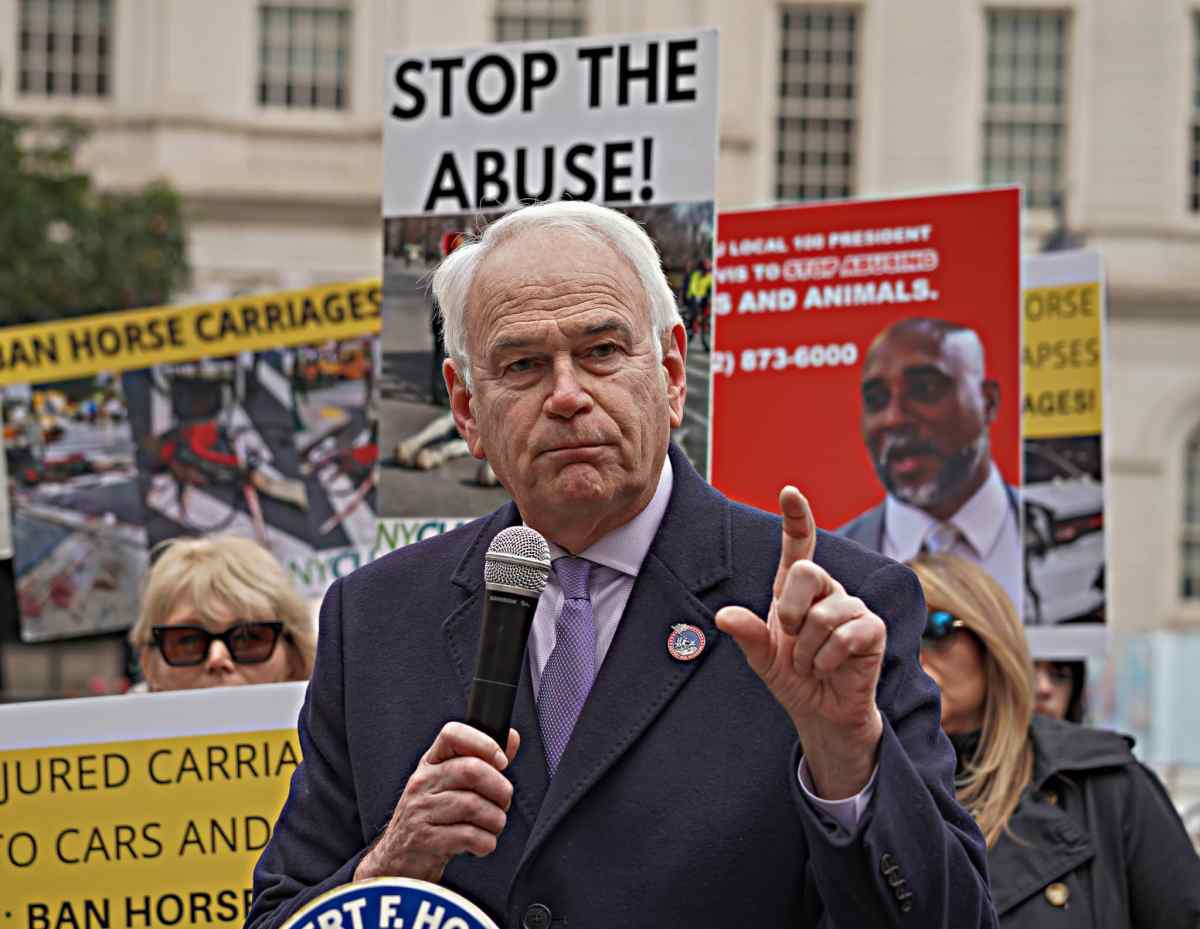
The City of Yes will have the most trouble winning support among council members representing outer-borough neighborhoods comprised of homes for one or two families and low-rise apartment buildings.
Some of the plan’s most vocal opponents are council members representing swaths of Queens and Staten Island — such as Council Members Joann Ariola (R-Queens) and Robert Holden (D-Queens). They have voiced concerns that the proposals would destroy the character of lower-density areas of the city, which are more akin to the suburbs, while also arguing those neighborhoods do not have the infrastructure to support an influx of new homes.
They also argue the plan is unpopular with most communities around the five boroughs, pointing out that a majority of the city’s community boards rejected it.
Yet a survey of 1,733 registered city voters released Wednesday told a different story — with 72% of those polled approving of the plan and only 22% opposing it. The plan has also received support from four of the city’s five borough presidents.
Shortly before the vote, Holden released a statement urging the panel to delay the proceedings and instead put the zoning changes before the city’s voters in some form.
“The last thing we should be doing is pushing forward a rushed plan that most community boards and countless civic associations oppose,” Holden said. “We need to step back, delay this proposal, and put it up for a vote as either a ballot proposal or an election topic for next year’s municipal elections.”
While those lawmakers, who are among the mayor’s most reliable allies on the council, are against the zoning changes, Mayor Adams’ political foes on the body’s progressive wing are broadly in favor of it — setting up an awkward political dynamic.
Further complicating matters is the storm of federal inquiries surrounding the Adams administration, which has led several of his top officials to resign over the past couple of weeks. The turmoil could make it harder for Adams to maintain support among the left-leaning lawmakers who are critical of his mayoralty overall.
Read more: NYPD Transit Chief Kemper to Lead MTA Security Operations





